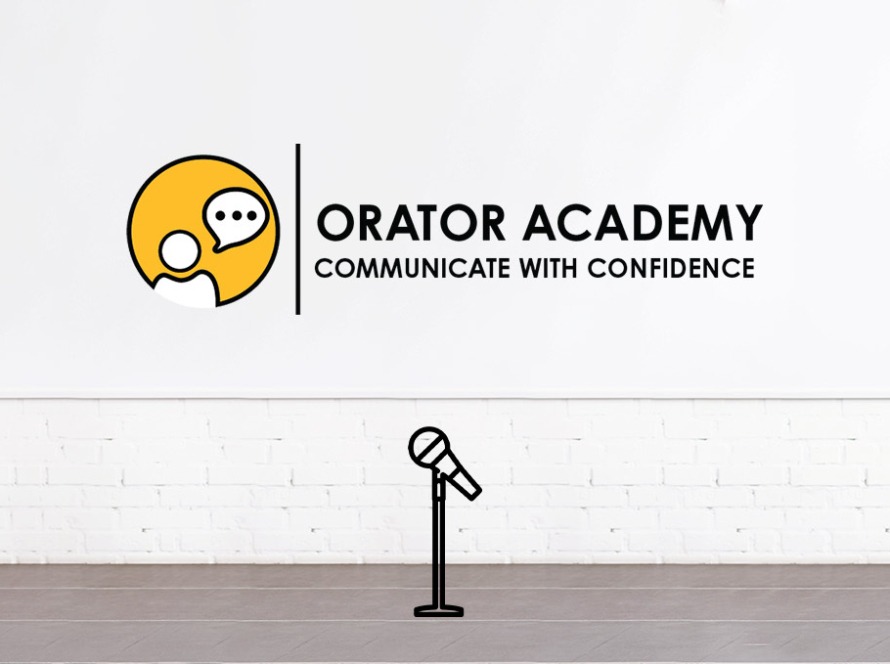Have you ever found yourself at a loss for words while onstage? You might have your whole speech ready and memorised, and yet, you take one look at the people gathered in front of you, and you become tongue-tied. This state, wherein a person faces anxiety when presented with a large crowd, is termed stage fright.
Stage fright, also known as performance anxiety, is a phenomenon characterized by intense nervousness or anxiety, usually experienced by individuals when they are required to perform or speak in front of an audience. It is quite a common reaction that many people may face when asked to address a huge crowd.
Stage fright is not limited to a certain section of people. Anyone from any age group, regardless of their background, may face stage fright. It can affect students, renowned speakers, or famous performers.
Key features of stage fright include:
- Physical Symptoms:
Rapid heartbeat, trembling hands, dryness or excess production of saliva are all symptoms caused by stage fright. In extreme situations, it may even cause dizziness or nausea. These symptoms result from the body’s “fight or flight” response to stress.
- Emotional Distress:
People experiencing stage fright may feel a range of emotions, varying from extreme anxiety to a sense of impending doom. Sometimes, they might even feel immobile, self-doubt, or self-consciousness. They worry about being judged or seen as a joke.
- Performance Impairment:
Even when a person remembers their content well, stage fright can hinder their ability to perform at their best. It may lead to difficulties in focusing or cause stuttering, impacting the overall performance quality.
Stage fright usually appears unannounced, leaving individuals feeling lost and unmotivated. However, there are many strategies that can help individuals cope with anxiety. These strategies include relaxation techniques, positive visualization, deep breathing exercises, seeking professional guidance, etc. With time and experience, it becomes easier to manage, and individuals can then perform better with ease.
Effective Strategies to Overcome Stage Fright
Overcoming stage fright is a gradual process and cannot be achieved overnight. Different strategies work for different individuals. Here are some effective strategies to help you manage and overcome stage fright:
- Practice, Practice, Practice:
The more you practice your performance, the more familiar you will feel with the content. Once you’ve mastered the content, you will feel confident about performing in front of a crowd. Rehearse as regularly as possible and seek feedback from friends, family, or colleagues.
- Visualize Success:
Imagine yourself giving a successful performance. Believing in yourself is half the battle won. Visualize the audience responding positively to your presentation, and picture yourself feeling calm and confident on stage. Positive visualization helps reduce anxiety and boosts self-assurance.
- Controlled Breathing:
Practicing deep breathing techniques before your performance will help calm your nerves and regulate your heart rate.
- Focus on Your Message:
Channel your nervousness into focus. Concentrate on delivering the content effectively rather than worrying about what others might think.
- Warm-Up Exercises:
Engage in physical warm-up exercises or vocal warm-ups to release tension in your body and prepare yourself for the performance.
- Start Small:
Begin performing for smaller audiences, such as friends, family, or people with similar interests. Work your way up to larger audiences to build confidence gradually.
- Engage with the Audience:
If your performance allows, engage with the audience through eye contact, humor, or rhetoric questioning. Establishing a connection with the audience leaves a lasting impression.
- Positive Self-Talk:
Replace negative thoughts with positive affirmations and visualizations. Remind yourself of your abilities and trust yourself.
- Accept Imperfection:
It is normal to make mistakes, and the audience is often forgiving. Don’t be too hard on yourself if things don’t go perfectly.
- Seek Support:
Share your feelings with a supportive friend, family member, or guide. Getting help with your stage fright can alleviate pressure and provide you with useful tips.
- Adopt a Growth Mindset:
View stage fright as an opportunity for growth rather than a threat. Each performance is a chance to improve and gain deeper insights.
- Professional Help:
If stage fright significantly hinders your ability to perform and causes extreme distress, consider seeking help from therapists, counselors, or performance coaches.
Final overview:
It is important to understand that overcoming stage fright takes time and patience. Be kind to yourself and celebrate each milestone, no matter how small. With persistence and practice, you will build your confidence and become an effective performer or presenter. If you wish to seek professional help or counseling regarding stage fright and related topics, check out Orator Academy’s website to learn more.

